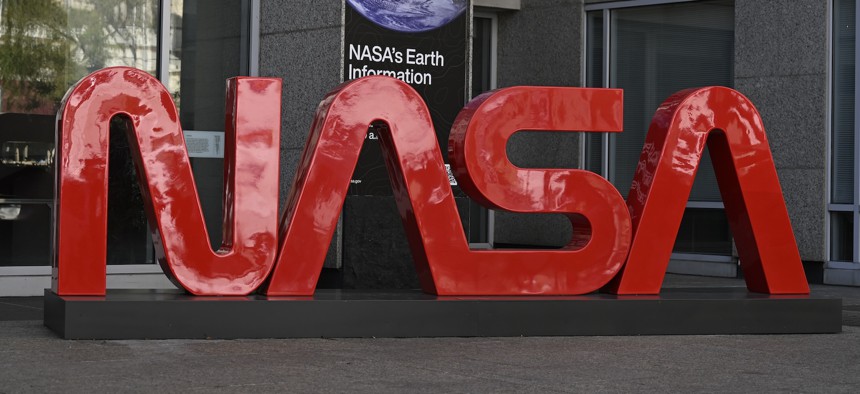TMF doles out $47.8 million to NASA, Labor for modernization projects

NASA headquarters in Washington, D.C. The space agencies is among the recipients of investments from the Technology Modernization Fund announced today. Celal Gunes/Anadolu Agency via Getty Images
The fund was zeroed out in the last appropriations round and will expire in 2025 without new legislation.
The Department of Labor is getting a $42 million investment from the Technology Modernization Fund to overhaul the system that managed workers' compensation for civilian federal employees. The current platform, according to officials, is subject to delays because of out-of-date tech and "complex workflows."
The upgrade will rehome the Integrated Federal Employee Compensation System to the cloud and tap automation to improve speed and accuracy.
The system handles claims made by civilian federal employees and participants in the Peace Corps and other government-based volunteer programs as well as members of state and local law enforcement agencies who were injured or killed while assisting federal agencies.
"Improvements in iFECS that will allow for the faster processing of claims will have an impact not only on the claimants themselves, but also their federal employers, as studies have shown that faster payment of claims results in a faster return to work for many claimants," Nancy J. Griswold, deputy director for the Labor Department's Office of Workers' Compensation Programs, said in a statement.
TMF is also backing an effort to improve cybersecurity at NASA with a $5.87 million investment. The funds will support NASA efforts to modernize legacy infrastructure and standardize network management and configuration across the space agency’s multiple, far-flung locations.
The announcement also notes that the effort involves "collecting additional telemetry data to align with federal cybersecurity mandates." Under updates to federal civilian cybersecurity policy, federal agencies must supply the Cybersecurity and Infrastructure Security Agency with access to telemetry information for cloud-based systems not covered by the Einstein network defense program to earn the highest score on annual FISMA reviews by agency inspectors general.
"Unlocking the potential of government through technology modernization requires strategic investment and a commitment to driving meaningful change," Larry Bafundo, acting TMF executive director, said in a statement. "TMF is pivotal in enabling federal agencies to invest in their own ability to adapt, evolve, and better serve their citizens in a rapidly changing world."
The fund itself has to watch out for its own future. The recently passed fiscal year 2024 budget looks to claw back $100 million of the $1 billion the fund received under the American Rescue Plan Act in 2021. The funding bill also zeroed out the Biden administration's request for an additional $200 million for the fund.
The administration's 2025 budget seeks a $75 million plus-up for TMF, a revolving fund authorized by 2017 legislation that gives agencies access to reimbursable investments for selected IT modernization projects. The administration is also seeking to extend the TMF through 2030. As of now, TMF is slated to sunset in 2025.






